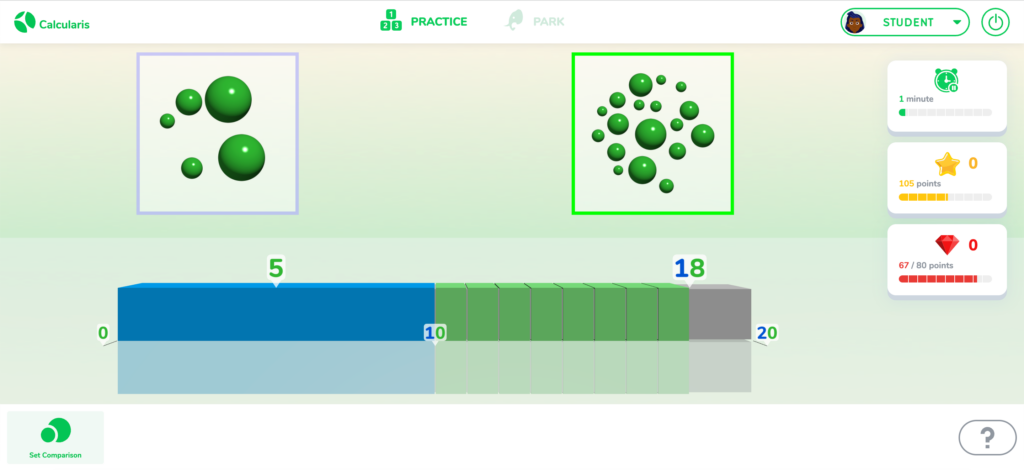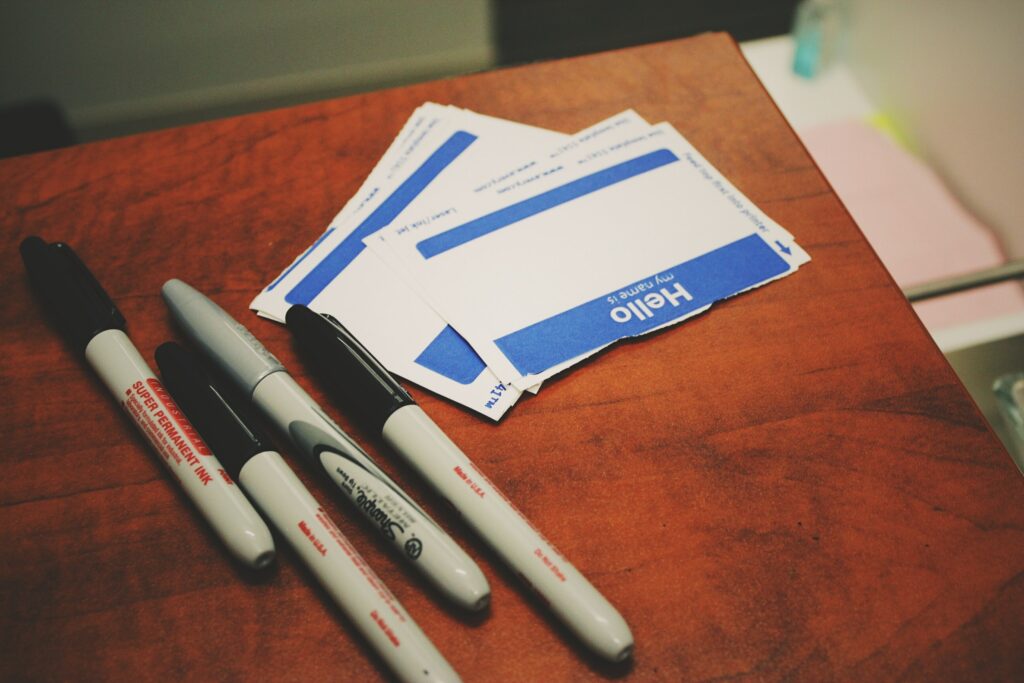
A few weeks back we were asked through Dyscalculia Blog about online support groups for adults with dyscalculia. I found a great group on Facebook that could possibly help, but this was not its main focus. So we decided to set up our own Facebook group, where we can support each other, ask questions, post helpful resources and talk about all things dyscalculia whether it is about your child or yourself!
Dyscalculia can affect anyone and this is a great starting point as a lot of people are discovering that they have dyscalculia late in life and they realise all the struggles it caused them. They are unsure how to tackle these difficulties and it can be hard to find useful information, but now we can help each other using this Dyscalculia Support Group as a tool.
Read more






